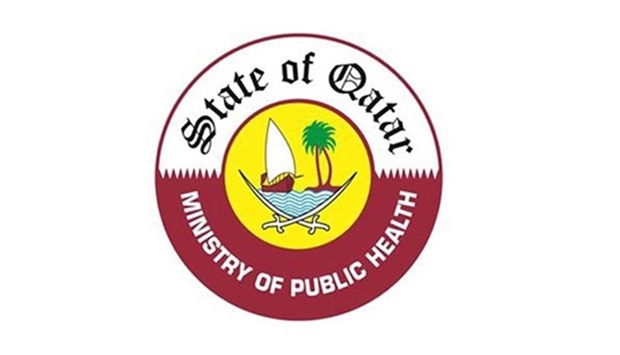The Ministry of Public Health (MoPH) has trained more the 150 nurses and employees in a number of primary schools on the methods to launch the Asthma Friendly School Programme 2017/2018.
The Asthma Friendly School programme targets students with asthma between six and 12 years of age and is being applied in 122 health-promoting schools.
This is taking place in partnership with the Hamad Medical Corporation (HMC) and Primary Health Care Corporation (PHCC).
Head of Non-Communicable Diseases department at MoPH Dr Kholoud al-Mutawa said although asthma is non-curable, it can be controlled by receiving timely medical aid and improving the living conditions of the sick child.
She added that the programme aims at activating six important strategic goals for asthma, which include establishing and supporting the Asthma Friendly School in Qatar Programme.
It also aims at providing mental and general health services for students with the disease, focusing on raising health awareness by conducting health education programmes for students and school staff, ensuring a safe and healthy school environment by reducing the irritants of an asthma attack, providing asthmatic students with enjoyable and safe activities in the field of physical education and stimulating interaction between school, family and society, she added.
Dr al-Mutawa said that in order to achieve those goals, the Non-Communicable Diseases department works with a number of partners in the Ministry of Education and Higher Education, HMC and PHCC, to reduce the number of patients and improve the lives of sick students, in co-ordination with the efforts of schools, families and the society to improve the students’ situation and reduce the absence rates for asthmatic students.
Head of Asthma Friendly School in Qatar Programme Dr Maya al-Sheiba said the programme is “a unique learning experience designed to allow asthmatic students to make the most of the available medical potential and live in a supportive natural environment that helps them develop their skills and improve their quality of life”.
She said it also helps to prepare all students and staff to respond to asthma emergencies as they occur.
The programme involves training school staff and teachers on the basics of asthma, asthma management and follow-up of chronic conditions.
It also includes activities to educate parents, teach students about the basics of asthma, how to control the condition, identify signs of attack, and how to help a person with an attack, she added.

MOPH
